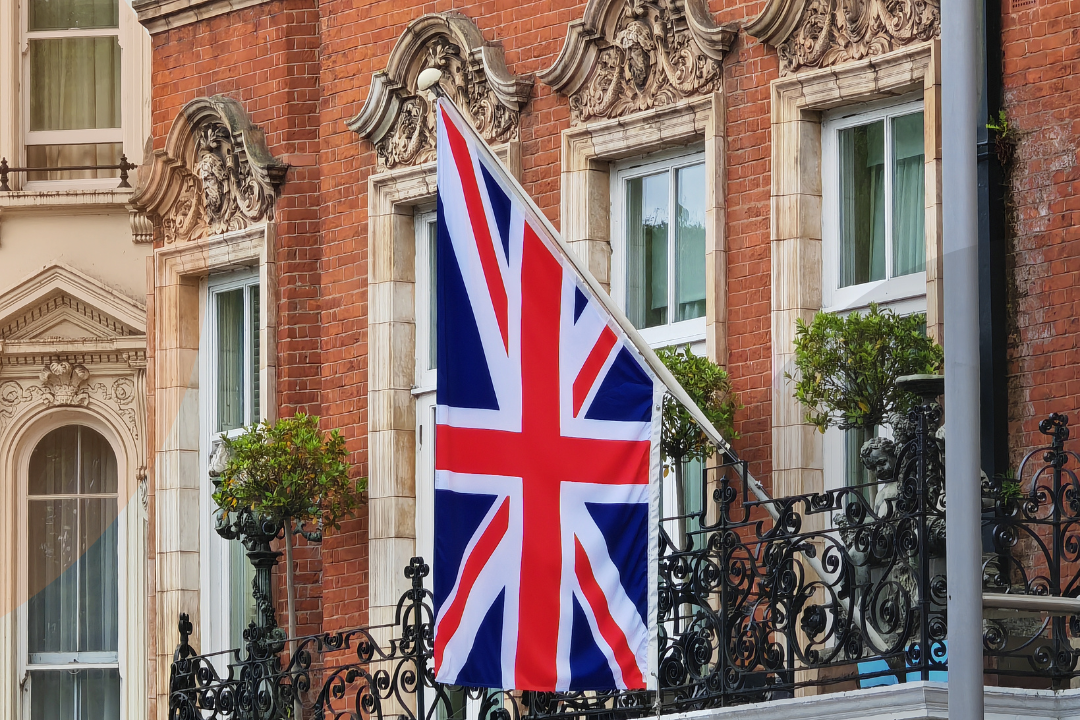What does the 2024 Budget mean for property and mortgages?
On 30 October 2024, Rachel Reeves delivered Labour’s first Budget in 14 years.
Arguing that the July general election had given Labour a “mandate to restore stability and start a decade of renewal”, the chancellor described it as “a Budget to fix the foundations and deliver change”.
Reeves announced several measures that will likely affect the UK mortgage and property market, so read on for a summary of some of the key messages from this year’s Autumn Budget – the first ever delivered by a woman – and what they might mean for you.
Stamp Duty second property surcharge to rise
The chancellor announced that the “higher rates for additional dwellings in Stamp Duty Land Tax (SDLT)” – essentially the “second home surcharge” – rose from 3% to 5% on 31 October 2024.
This higher rate applies to:
Purchases of second homes
Purchases of buy-to-let residential properties
Companies purchasing residential property.
Mortgage Strategy reports that this increase in the rate will cost the average buyer more than £6,000 in additional tax.
Based on England’s current average house price of £309,572, second-home buyers were, until 30 October, facing an average SDLT bill of £12,266 based on the 3% additional rate.
However, as of 31 October, the new 5% additional rate means that this tax bill now sits at £18,457 – an increase of £6,191.
The chancellor argued that this rise would provide those looking to move home or purchase their first property with a comparative advantage over those purchasing an additional property. This is expected to result in 130,000 additional transactions over the next five years by first-time buyers and other people buying a primary residence.
The single rate of SDLT that is charged on the purchase of dwellings costing more than £500,000 by corporate bodies will also be increased by 2 percentage points, from 15% to 17%.
No extension to the Stamp Duty “nil-rate” exemption
At present, buyers of homes worth less than £250,000 do not pay any Stamp Duty. This was doubled from £125,000 in the “mini-Budget” of September 2022.
At the same time, the government increased the threshold at which first-time buyers pay Stamp Duty from £300,000 to £425,000.
This temporary increase will end on 31 March 2025 and Stamp Duty thresholds will revert to the previous levels.
Stamp Duty will be due on residential purchases over £250,000 and on purchases over £300,000 for first-time buyers of a property worth £500,000 or less.
Capital Gains Tax on second properties to remain the same
Despite speculation that the chancellor may increase the Capital Gains Tax (CGT) rates for gains made on residential property, she maintained the rates at their current levels.
However, Reeves did raise the standard rates of CGT to align them with the residential property rates. The chancellor increased the main rates of CGT to 18% (basic rate) and 24% (higher rate) from 30 October 2024.
Mortgage guarantee scheme set to continue
While the chancellor announced no specific details in the Budget, the government has confirmed that it will engage with the industry over the autumn on the mortgage guarantee scheme.
The Budget confirmed that Labour plans to make the guarantee scheme permanently available to support lending at 95% loan-to-value, ending the “stop-start availability” of the scheme. The hope is that this gives lenders confidence throughout the cycle and makes it easier for first-time buyers to realise the dream of home ownership.
1.5 million new homes by 2030
A key manifesto commitment, the Budget confirmed the government’s ambition to build 1.5 million homes this parliament.
The Budget states: “Building houses in the right places is vital to long-term economic growth, allowing our towns and cities to grow, and providing the homes people want near good jobs.”
The Budget sets out a series of new investments to promote housing market stability and to kickstart the biggest increase in social and affordable housebuilding in a generation, including a £500 million boost to the Affordable Homes Programme to build up to 5,000 additional affordable homes.
Pace of interest rates cuts set to slow
While the Bank of England (BoE) reduced the base rate in November to 4.75% – the second cut in 2024 – the BoE believes that measures announced in the Budget will slow the pace of further rate cuts.
The BoE’s quarterly Monetary Policy Report found that Rachel Reeves’ package of tax and borrowing measures will place “upward pressure on prices” while they maintained their view that rates will need to fall “gradually” as the bank monitors the economic response to falling inflation.
If you have a tracker- or variable-rate mortgage you may see an immediate benefit from the recent 0.25% rate cut. However, experts believe that a further rate cut in December 2024 is less likely, and that rates may fall more slowly in 2025 than previously forecast.
Get in touch
If you’d like to find out what the Budget means for your mortgage or property-owning plans, please get in touch via our Contact Us page.
